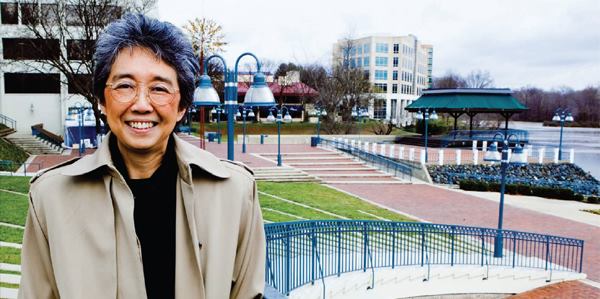Koo’s clearly defined road map seemed poised to usher in change when she took the helm of Enterprise. Then the financial world fell apart. Now, there’s a long road ahead.
“There are huge challenges,” says Rick Lazio, a former Congressman from New York, current board member at Enterprise, and a managing director at JP Morgan Chase. “You have basic integration and reorganization issues, and it’s in the middle of an environment where funders are under lots of stress.”
Despite this, the firm’s LIHTC syndication rose from $576 million in 2007 to $742 million in 2008 (plus $100 million in New Markets tax credits and $27 million in multifamily mortgage). Unfortunately, the future looks rocky as many of its major tax credit buyers and funding sources, including Citi Group and Washington Mutual, get swallowed up or disappear altogether. Consider that during Koo’s first year as CEO, Fannie Mae and Freddie Mac, which bought about 40 percent of tax credits, announced they were pulling back their commitment. “When you see someone is writing off $5 million or $10 million or laying off 10,000 or 20,000 people, is this a place whose appetite for tax credits is what it used to be?” Donahue says. “The answer is no.”
Koo, however, says she’s ready to brave the rough economy. In fact, she thinks one silver lining is that the crisis will underscore the importance of housing. “In every crisis, there’s an opportunity scenario,” she says. “The lessons from Katrina and the lessons of subprime both elevated the nation’s awareness of the necessity of housing. Whether it’s a hurricane or a financial tsunami, when you start decimating homes and the stability that homes provide in the community, it causes disruption in people’s lives and to their sense of control.”
To that end, Enterprise is working to bring in new investors that have survived economic demise. In some respects, it’s been successful at finding regional banks and corporations to support its efforts. In Baltimore, it found a hospital—Enterprise recruited Unity Properties and Bon Secours Baltimore Health System to codevelop New Shiloh Village Senior Living alongside Enterprise Homes, the firm’s building operation, which has completed 4,293 units. Enterprise Community Investment provided $9.7 million in tax credit equity on the project and other financing was provided by state and city loans and grants. When the project opened in 2007, it was the first Green Communities building in Baltimore.
Today, Enterprise continues to seek new partners on the equity and lending side, but also on the grant side. There’s still a gap in new and existing projects. Koo wants the government to bridge that hole and provide money for green initiatives, foreclosure prevention, and affordable housing creation. [See “Reignite the Movement,” at right.] “The policy focus is very strategic for us,” Koo says.
